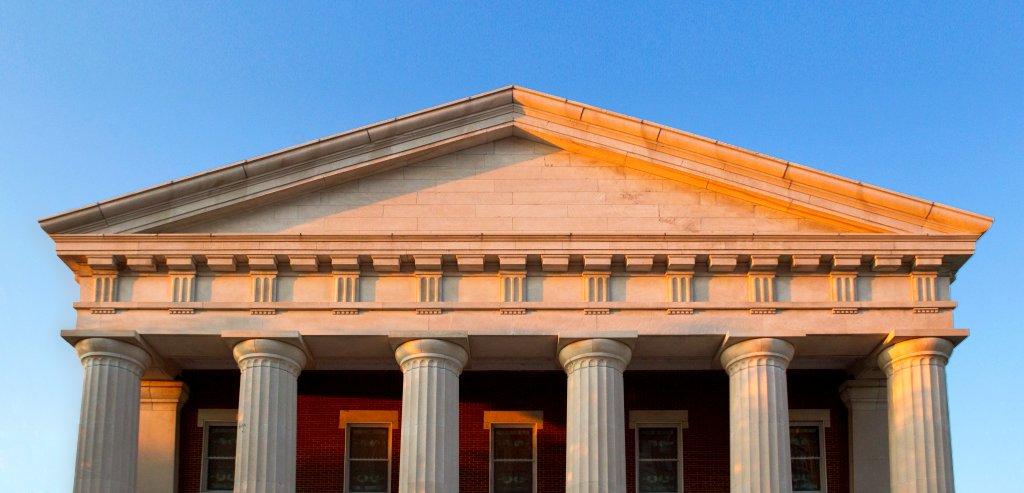Recent Supreme Court Ruling on Exemptions
March 19, 2014 | Category: Bankruptcy Litigation, Chapter 7, Current Events
Atlanta, Georgia individuals are entitled to claim “exemptions” in the equity they hold in their real and personal property. Exemptions are defined by Georgia law, and are intended to allow individuals filing bankruptcy to retain reasonable amounts of their property. Property that is worth substantially more than the debtor’s available and claimed exemption in it is subject to sale by the Chapter 7 Trustee. When the Trustee sells a Debtor’s property, the debtor receives payment of the amount of the exemption they have claimed.
Unfortunately, some debtors do not conduct themselves honestly in the course of their cases. Such misconduct defies the basic principles of the Bankruptcy Code, and can greatly increase the effort and expense expended by the Trustee to administer a case. Among the measures available to bankruptcy courts to punish and deter such bad conduct, some courts have elected to “surcharge” a debtor’s exemptions. The “surcharge” is a reduction or elimination of a debtor’s claimed exemptions, allowing more funds to be paid to offset administrative costs or pay creditors.
The Supreme Court recently considered whether bankruptcy courts should be allowed to surcharge a debtor’s exemptions in order to pay administrative expenses in Law v. Siegel. Law, the debtor, filed a Chapter 7 bankruptcy case in 2004. In his bankruptcy schedules, Law disclosed his ownership of a house, which he valued at $363,348.00, subject to a first-priority mortgage owed to Washington Mutual and a second-priority mortgage owed to “Lin’s Mortgage & Associates.” The balances owing on the two mortgages, plus California’s generous homestead exemption, meant that no non-exempt equity remained to be paid to Law’s other creditors.
Unfortunately for Law, the Trustee (Siegel) investigated, determined that “Lin’s Mortgage & Associates” was fictional, and filed an adversary to invalidate the second mortgage as a fraudulent lien. The adversary proceeding involved five years of protracted litigation, over the course of which the Trustee incurred in excess of $500,000.00 in attorneys’ fees. Ultimately the bankruptcy court held that the second mortgage never existed and was fraudulently created by Law to shield the equity in his home. The bankruptcy court also surcharged Law’s entire $75,000.00 homestead exemption, ordering that those funds be used to offset the Trustee’s attorneys’ fees.
Law appealed, and both the Ninth Circuit Bankruptcy Appellate Panel and Ninth Circuit Court of Appeals upheld the bankruptcy court’s surcharge. The Supreme Court, however, disagreed, holding that the Bankruptcy Code does not permit the surcharge of a Debtor’s exemption to compensate the Trustee for administrative costs, regardless of the Debtor’s fraudulent conduct or bad faith. Justice Scalia, writing for the court, noted that there are other sanctions available to the court to address debtor misconduct, and that the court “may not contravene the express provisions of the Bankruptcy Code by ordering that the debtor’s exempt property be used to pay debts and expenses for which that property is not liable” under the Bankruptcy Code.
Since 1986, The Rothbloom Law Firm has represented individuals in Cobb, Fulton, Gwinnett, Cherokee, DeKalb, and all metro-Atlanta counties filing for Chapter 7 bankruptcy. Our attorneys are experienced in determining whether any of an individual’s assets would be at risk in a bankruptcy, advising our clients in protecting those assets, and properly handling a case so as not to endanger those assets. Contact us today to discuss the options available to you.

